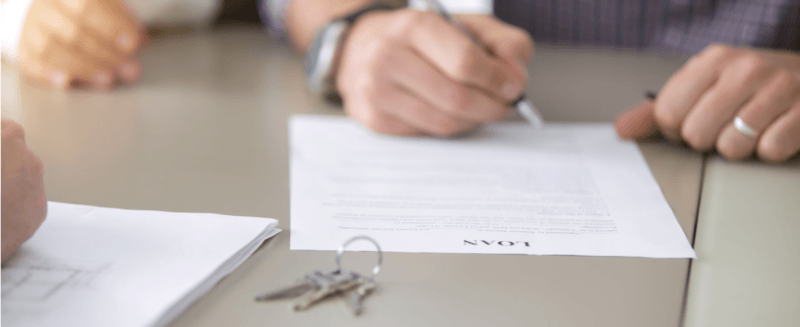What is a deed of trust? This document often confuses homeowners, especially after they pay off their mortgage. Here’s what you need to know.
Q: Thank you for your recent article about transferring ownership of a home among family owners. My question is simpler. I recently paid off my mortgage and received a Certificate of Satisfaction from my lender that was recorded with the District of Columbia County Recorder. This certificate stated that the lien had been released. Is this the same thing as a recorded Deed of Trust?
Other than this certificate, do I need some other document proving I actually own my house so I can legally sell it? The certificate mentions the loan was secured by a Deed of Trust, but I don’t think I ever saw such a document labeled “Deed of Trust.”
The Basics of a Deed of Trust
A: This question comes up frequently, so it’s worthwhile unpacking it. When you take out a loan, your lender will require you to put up the home as collateral for the loan. When you pledge the home as collateral, you sign a mortgage or deed of trust for the benefit of the lender. In some parts of the country, mortgages are more prevalent than deed of trusts. But for purposes of buying your home and pledging it as an asset against the loan, both will encumber your home.
A mortgage is a lien on a home that gives the lender the right to foreclose on the home to satisfy any delinquent debt owed by the homeowner to the lender. A deed of trust does basically the same thing but this document conditionally transfers ownership of the home to the lender to secure the debt. The homeowner is still the owner of the home but the lender has the right to the title in case the borrower fails to pay the debt as required.
At the loan closing or settlement, you will sign a mortgage or a deed of trust along with the dozens of other documents as part of the financing or refinancing of the home. After the loan closing or settlement, the lender will have the mortgage or the deed of trust recorded or filed with the office that handles the recording or filing of document. Once filed, the mortgage or deed of trust will show up on the title to the home and give notice to anyone looking at the records for the home that the lender has a lien on that home.
What Happens to the Deed of Trust After the Mortgage is Paid Off?
In any case, once you pay off the debt owed to the lender, the lender owes you a document that would tell anyone looking at the title to your home that the mortgage or deed of trust had been released. Usually a lender will send that document to the office that handles recordings or filings and once recorded or filed anybody looking at the title to the home will see that the lien and interest of that lender in the home has been released.
The bottom line is that you should be all set with your lender. We also would add that we generally like to see that lender return to you the original note and original deed of trust marked “cancelled.” The lender would release the lien and give you back the documents you signed giving them the lien to your home.
On a separate note, now that this lender is no longer in the picture, you should call your insurance company and tell them to remove your lender from being named on your homeowner’s insurance policy. If you have a claim on your policy, you don’t want the lender named and then having to go get their approval to get paid on the policy. Once the lender’s lien is released, that lender should no longer have anything to do with your homeowner’s insurance policy.
Related Stories
Do You Get the Deed After Your Final Mortgage Payment?
How to Find Proof of Your Cancelled Mortgage
How to Confirm Your Mortgage is Paid Off
What Documents Do I Get After Paying Off My Mortgage?







Leave A Comment